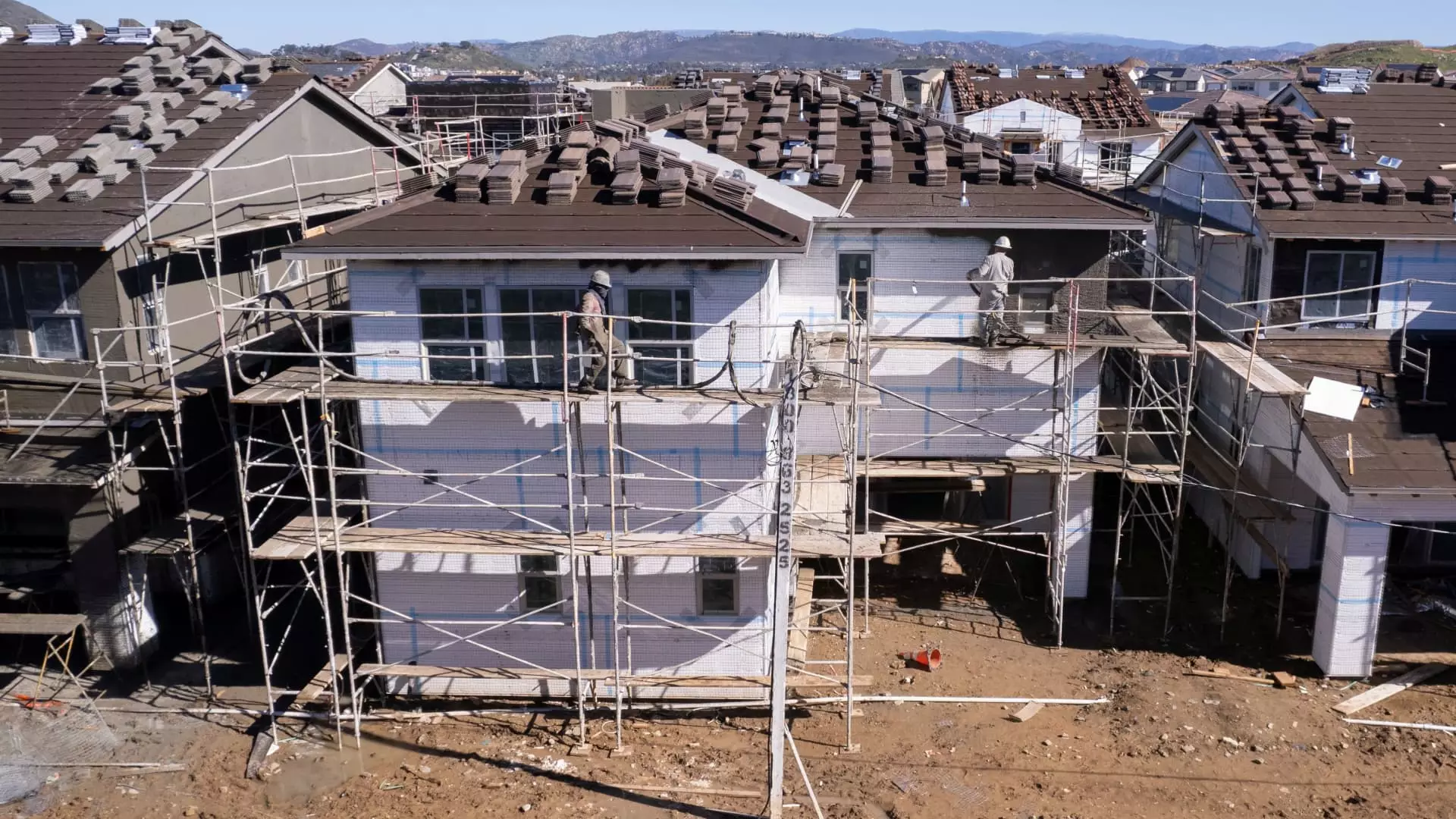Homebuilders D.R. Horton and Lennar saw their shareholder returns outperform the S&P 500 during the period from August 2014 to August 2024. However, this trend took a turn when analysts downgraded their investment outlook this summer. Despite this setback, there are still some investors who hold onto optimism regarding the industry’s performance.
In the aftermath of the 2007-2008 financial crisis, top homebuilders received a significant liquidity boost from stimulus packages. This allowed them the flexibility to utilize resources in various ways that could benefit their market positions. Research conducted by industry observers indicates that lower levels of competition among homebuilders could be contributing to the U.S. housing shortage.
Statistics suggest that the United States needs to construct millions of new homes in order to curb the recent surge in housing prices. Estimates of the supply shortage range from 2 million to as high as 20 million housing units that are currently lacking. One of the contributing factors to the long-term shortage is the permit approval process, which can pose delays in areas with strict zoning laws.
Margaret Whelan, CEO of Whelan Advisory, pointed out that areas with more available land and lenient regulations are experiencing higher rates of home sales. Comparing the time taken for a land decision in California versus Texas, Whelan emphasized that the process can be significantly faster in regions with fewer restrictions, making financial resources more effective in those locations.
Vice President Kamala Harris and former President Donald Trump have differing views on zoning reform and its impact on residential construction. Harris has advocated for the relaxation of restrictive zoning laws to increase the number of permits issued for new construction. Her proposal includes subsidies for builders aiming to contribute to the construction of 3 million new homes by the end of the next presidential term.
Former President Trump has criticized the current inflation situation, which has led to increased costs including housing. He highlighted the challenges faced by young people in securing financing to purchase homes, citing this as a consequence of the administration’s policies. The contrasting views on housing policies and zoning reform could potentially shape the future pace of residential construction in the U.S.
By analyzing the various factors influencing housing shortages, it becomes evident that the performance of homebuilder stocks is intricately linked to broader economic trends and government policies. As the industry navigates through these challenges, investors must remain vigilant in assessing the implications of housing shortages on the real estate market and the financial prospects of homebuilding companies.

